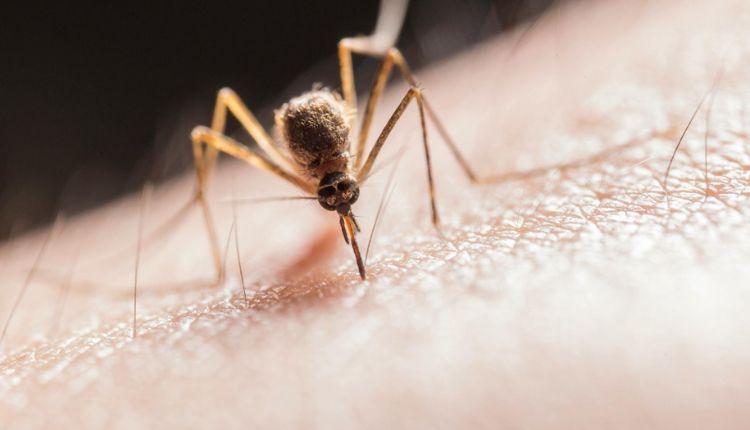Dengue fever refers to viral infection by mosquitoes and is one of the common infectious diseases observed in tropical and subtroical parts of the region, with its treatment always being deadly if not treated properly.
This article explains what causes dengue and how early some symptoms can manifest to protect yourself and your family against it.
About Dengue Fever
Dengue fever is caused by a dengue virus that transmits primarily through the biting of Aedes mosquitoes. In penetrating an individual’s body from an infected mosquito by its bites, they suck in the blood of the infected person.
Dengue Symptoms
Dengue symptoms can appear 4-10 days after being bitten by an infected mosquito. Early recognition is critical for getting proper treatment. Common symptoms of dengue fever include:
- High fever, often suddenly climbing as high as 104°F (40°C)
- Severe headache
- Pain behind the eyes
- Joint and muscle pain
- Skin rash
- Nausea and vomiting
Sometimes, symptoms become what are termed as severe dengue, commonly known formerly as dengue hemorrhagic fever. In such instances, this might lead to what is described as bleeding and leaking of plasma blood that damages the internal organs and might result in death if medical aid is not sought quickly enough. Go see the doctor immediately if bleeding persists or there is a complication in breathing.
How Is Dengue Diagnosed?
Diagnosis involves a physical examination, a review of symptoms, and a blood test to establish whether there was the dengue virus itself or if antibodies your body might have created in response to infection.
A dengue PCR test, Polymerase Chain Reaction, or dengue NS1 antigen test can be done in the early stages of the infection. The dengue IgM and IgG antibody tests are used to diagnose severe cases and mainly by doctors to diagnose the infection.
Besides these tests, your doctor might also recommend some other laboratory tests.
- Complete Blood Count (CBC): This test allows your doctor to monitor your blood cells. A low platelet count is the most common presentation of dengue infection.
- Creatinine Test: This test determines the level of kidney functioning for severe dengue patients. If the patient is experiencing dehydration, then blood creatinine level increases.
How to Prevent Dengue?
Prevention is the best medicine against dengue. Here are some effective measures that you can undertake to prevent dengue fever:
- Eradication of Breeding Areas: The Aedes breeds in stagnant water. Hence, evacuate or cover all the containers that hold stale water like pails, vessels, and tires.
- Applying Repellents: Administer topical mosquito repellents to the skin. Long-sleeved shirts and trousers are also important in that they help lower the risks of getting bitten.
- Keep within Air-conditioned or Well-Screened Areas: Aedes mosquitoes are day biters, so one must avoid areas where the mosquito breeds and multiplies especially during the peak daytime hours.
Wrapping Up
Dengue is a highly serious health threat; however, by reading and taking precautions, you can protect yourself and your surroundings. You would greatly lower your chances of catching this deadly virus if you knew what to do and applied simple measures against mosquito bites. Do not wait until it is too late. Start taking precautions today!



